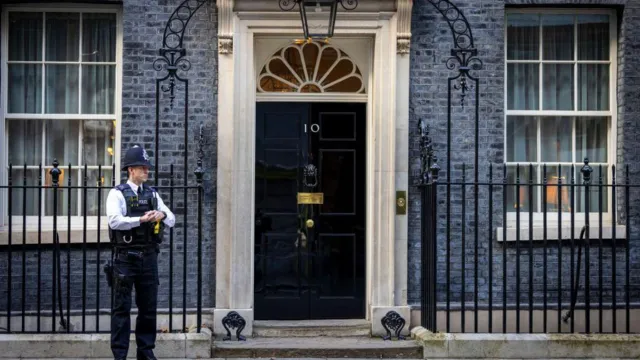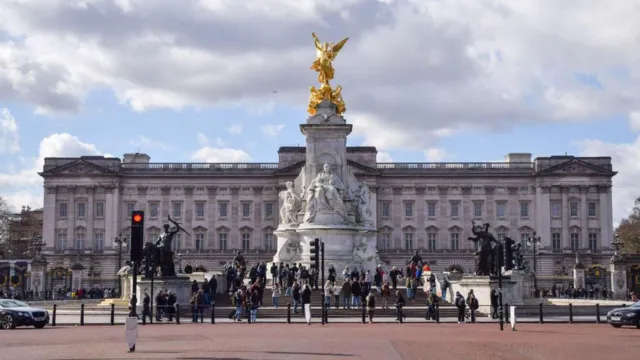Monzo Fined £21 Million for Serious Financial Crime Control Failures
Monzo Fined £21 Million for Serious Financial Crime Control Failures
Digital banking giant Monzo has been hit with a substantial £21 million fine by the Financial Conduct Authority (FCA) for significant shortcomings in its anti-financial crime measures. An in-depth investigation revealed that the bank failed to adequately verify customer addresses, leading to the acceptance of applications from individuals claiming to reside at highly improbable locations, including the UK Prime Minister’s official residence at 10 Downing Street, Buckingham Palace, and even Monzo’s own corporate offices.

These failures, which primarily occurred between October 2018 and August 2020, allowed Monzo to onboard customers using P.O. boxes, foreign addresses with UK postcodes, or addresses that were “obviously implausible,” according to the FCA. This lack of robust verification not only highlighted how vulnerable Monzo’s systems were to financial crime but also demonstrated a failure to mitigate the risks associated with accepting customers from outside the UK, thereby potentially facilitating the flow of illicit funds within the financial system.
The FCA emphasized that banks serve as a critical defense line against financial crime. Therese Chambers, joint executive director of enforcement and market oversight at the FCA, stated, “They must have the systems in place to prevent the flow of ill-gotten gains into the financial system. Monzo fell far short of what we, and society, expect.” The watchdog also noted that Monzo continued to breach rules preventing the opening of accounts for high-risk customers between August 2020 and June 2022, further compounding its regulatory issues.

Monzo experienced rapid growth during the period in question, with its customer base expanding from approximately 600,000 in 2018 to over 5.8 million by 2022. This expansion, while impressive, outpaced the development of its financial crime controls. The bank, which operates entirely digitally without physical branches, attracted many users with its innovative approach to banking. However, the FCA’s findings underscore a critical gap where operational growth overshadowed essential compliance and risk management procedures.
Monzo Addresses Past Failures and Implements Improvements
In response to the FCA’s findings, Monzo’s Chief Executive, TS Anil, stated that the issues highlighted by the regulator are now “resolved and are firmly in the past,” assuring that significant improvements have been made to the bank’s systems. He acknowledged that financial crime is a pervasive challenge affecting the entire banking sector but affirmed Monzo’s commitment to combating it. “We are doing all that we can to stop it in its tracks,” Anil commented, aiming to draw a line under the historical compliance issues.
This penalty serves as a stark reminder for all financial institutions, particularly rapidly growing digital banks, of the paramount importance of maintaining robust financial crime prevention measures that scale effectively with business growth. Adherence to regulatory requirements is not merely a legal obligation but a fundamental component of maintaining public trust and ensuring the integrity of the financial system.



Post Comment